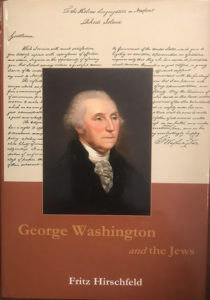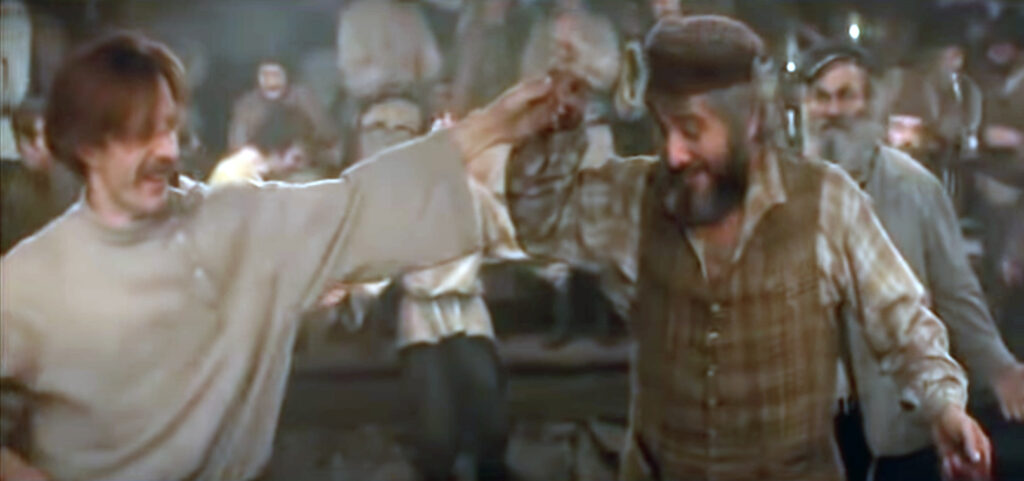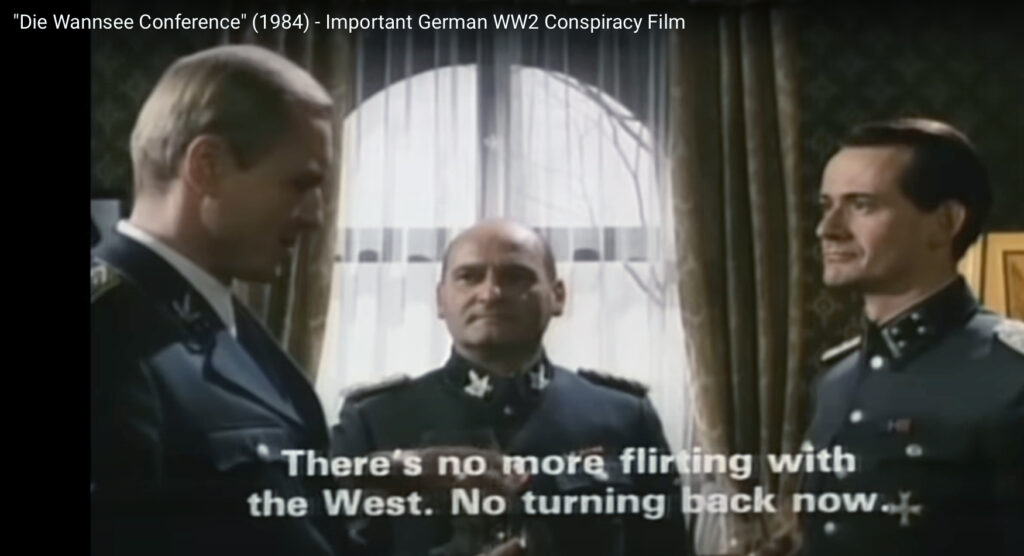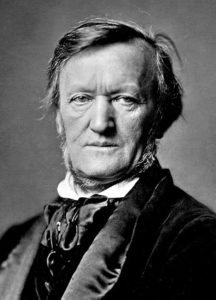against the Cross, 17
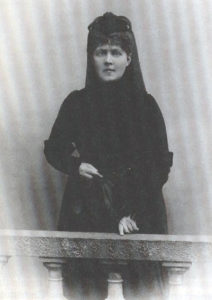
Nietzsche was already forty years old when, in May 1885, his sister Elisabeth (pictured above) married Dr Ludwig Bernhard Förster, a man wise on the Jewish problem. The newlyweds moved to Paraguay to found a Jew-free New Germania. The quixotic enterprise would obviously fail because the only way to achieve such an ideal would have been to conquer the country militarily.
Nietzsche, for his part, finding himself isolated (‘in my most dreadful times of loneliness’) and without social recognition, began to use his soliloquies, missives and philosophy to boost his self-esteem and increasingly overvalue himself: dangerous medicine, for it can lead to a delirium of grandeur. An unpublished draft for a four-part work, which was to be called Noon and Eternity, and which opens with a great hubbub of heralds’ trumpets, announces: ‘The Earth now appears as a marble workshop: a ruling race of indispensable violence is needed’.
In May 1886, when Nietzsche was living in Nice, he published Beyond Good and Evil: Prelude to a Philosophy of the Future. But the futurist philosopher had, as he put it, a ‘dog’s life’ and never understood the rustic, though healthy, flourishing anti-Semitism of the time; or why his sister had become involved with Dr Förster.
After his dreadful experience with Lou, Nietzsche didn’t dare to make any further advances towards women. Nevertheless, he composed music for a poem by Lou, which was later adapted for choir and orchestra by Peter Gast, and then recorded and published. Nietzsche always hoped that his friend Gustav Krug would perform this work in Cologne.
In Monte Carlo, Nietzsche heard the overture to Parsifal for the first time and was rapt. To Gast, he wrote in January 1887: ‘Has Wagner ever composed anything better?’ The following month Nietzsche read, for the first time, Dostoevsky and in July he published On the Genealogy of Morals, written in Sils-Maria, where he makes mention of a term that would become famous in the next century, ‘the blond beast’.
When confronted with the contents of this book we see that, although Nietzsche had lost all his social faculties, he had reached the peak of his intellectual maturity: for the first time in Christendom someone had detected how the Judaic infection had corrupted our souls through the magic of the New Testament! The book is divided into three parts. The first part is a treatise on the psychology of Christianity: a movement that rebelled against the dominance of the aristocratic values of the Greco-Roman world (see the quotations from On the Genealogy of Morals on pages 116-118 of The Fair Race).
A digression is in order here. One of the older commenters on this site never understood why I reject the US as a project of nationhood. I reject it precisely because that country was founded from this inversion of aristocratic values, something that is noticeable even from the time of the American Revolutionary War of Independence, led by Washington (one hundred years before the publication of On the Genealogy of Morals, the Constitution of the US was signed in 1787 in Philadelphia).
In his 1887 book Nietzsche realised that the motive of the early Judeo-Christians was the thirst for revenge of the priestly people par excellence: the Jews. I would add that it shouldn’t surprise us that creating a new nation by the founding cucks, who never rejected the Bible, will end up in New Zion (consider how now the government wants to use the law to equate criticism of Israel with anti-Semitism!). This inversion, Nietzsche tells us, calls evil what was once good, and today’s neo-Christianity (‘liberalism’) is heir to this inversion of the values. Everything inspired by the Bible is not a religion of love, Nietzsche discovered: it is a religion of the deepest hatred of what is good and noble.
No wonder that a powerful nation under the sky of this inversion ended up not only assassinating the Third Reich, but defaming it after its death and, with it, condemning the Aryan race to eventual extinction. I write these paragraphs shortly after Putin and the Russians celebrated, in grand style, Stalin’s victory over Hitler; and on this day they launched a major military assault against enemy forces in Ukraine. This is what prompted my digression. Had it not been for Christian and neo-Christian Anglo-Americans, this May we might be celebrating the defeat of Stalin by the Nazis in a transvalued world: something that the American racial right is still unable to see. But let us return to our German philosopher.
In the autumn of 1887 Nietzsche’s old friend Paul Deussen decided to visit him at Sils-Maria with his wife. His report is worth reading because it paints a very good picture of the hermit:
With a beating heart I rushed to meet my friend and, deeply moved, embraced him after fourteen years of separation. But what changes had taken place in him during that time! The proud attitude, the elastic step, and the flowing words of another time were no longer there. He seemed to be slurring and leaning a little to one side: quite often his speech became clumsy and clipped. Perhaps he wasn’t having a good day either.
‘Dear friend,’ he said gloomily, as he pointed to some passing clouds, ‘to be able to concentrate my thoughts I must have a blue sky above me’. Then he took us to his favourite places. I especially remember a grassy spot, situated next to a chasm, above a mountain stream that roared past in the depths. ‘Here,’ he said, ‘is where I like to lie and where I have my best thoughts’…
The next morning he took me to his dwelling, or as he put it, to his cave…
We left in the afternoon, and Nietzsche accompanied us to the next village, an hour down the valley. Here he spoke once more of the gloomy omens which, alas, were so soon to be fulfilled. When we parted he had tears in his eyes, which I had never noticed in him before. I would never see him again in his right mind.
On the day spring broke out in 1888, Nietzsche asked Gast where he should now go, always in search of the ideal sky: ‘Zurich? Never! The Italian lakes—suffocating, depressing! Switzerland? Still too wintry, cloudy, misty’. In his reply, Gast, his best correspondent who didn’t like to leave Venice, recommended Turin as an intermediate station.
At the beginning of April 1888, Nietzsche left for Turin. This was the year when Van Gogh, who used to paint with as much frenzy as Nietzsche would write that year, would paint his most famous self-portrait and Vase with Fourteen Sunflowers.
Nietzsche felt very much at home in the Italian city—he didn’t even seem much affected by the clouds. Not long afterwards a Danish newspaper reached him with the wonderful news that a professor, Georg Brandes, had started a series of lectures on his books.

